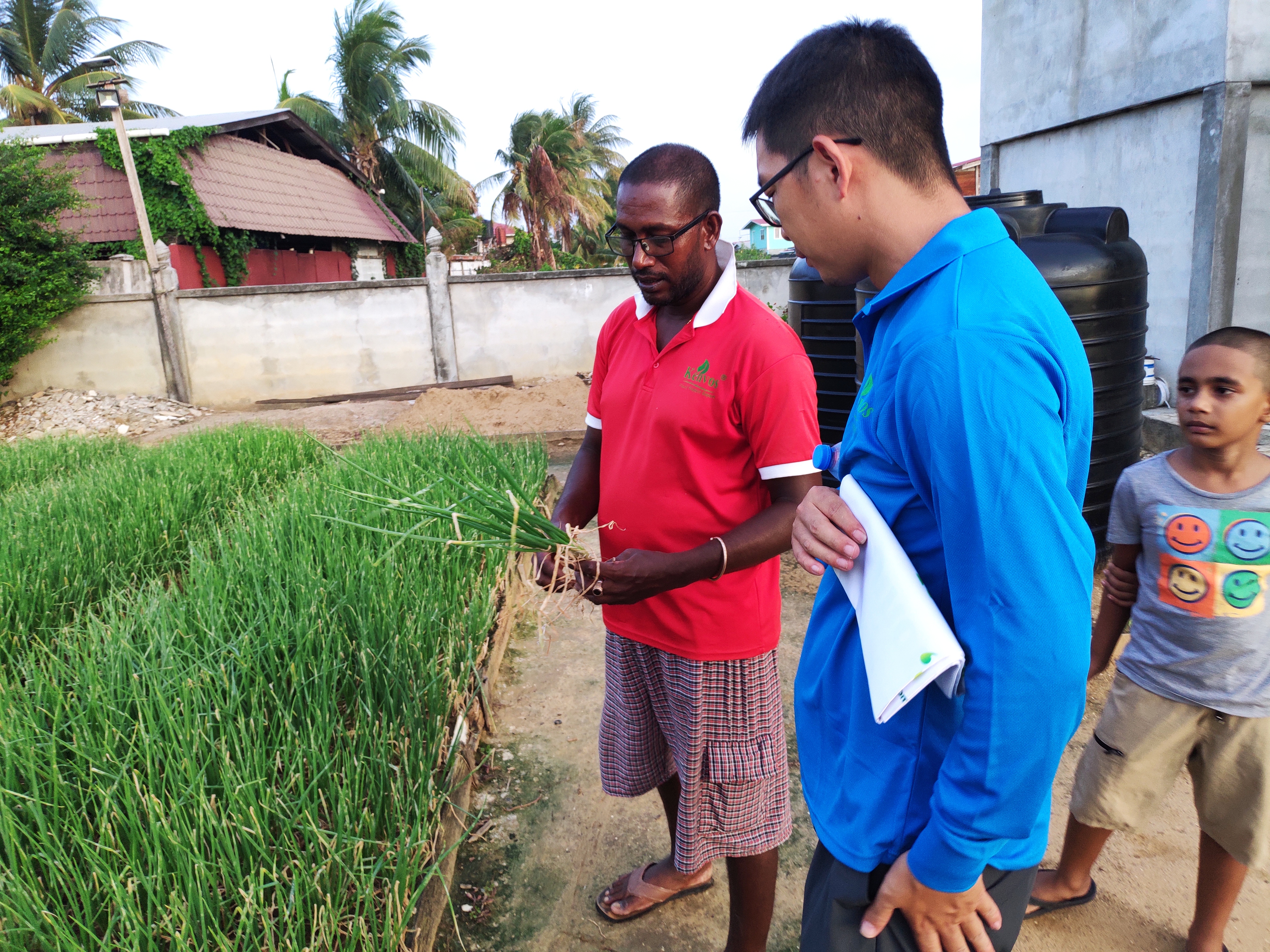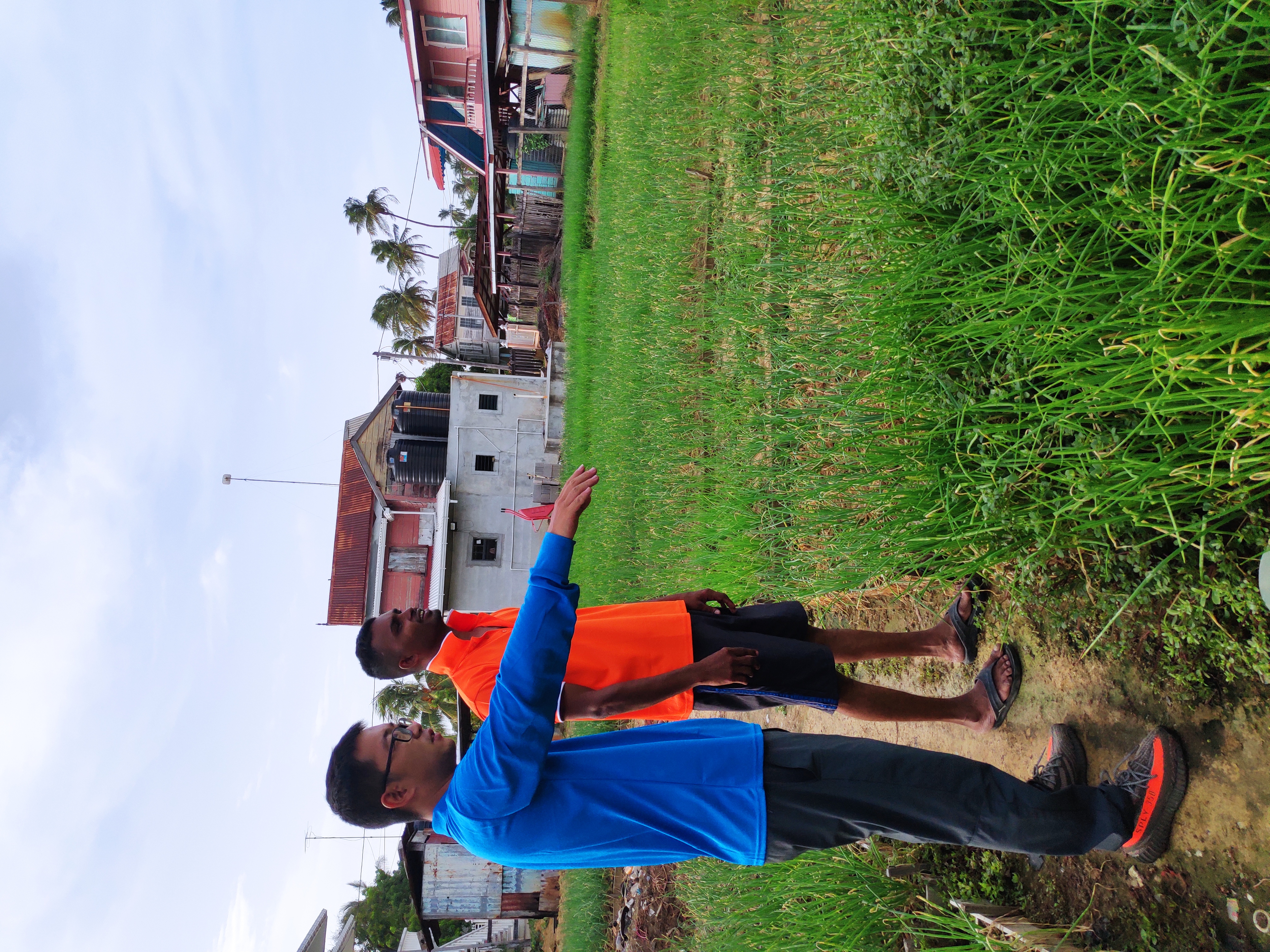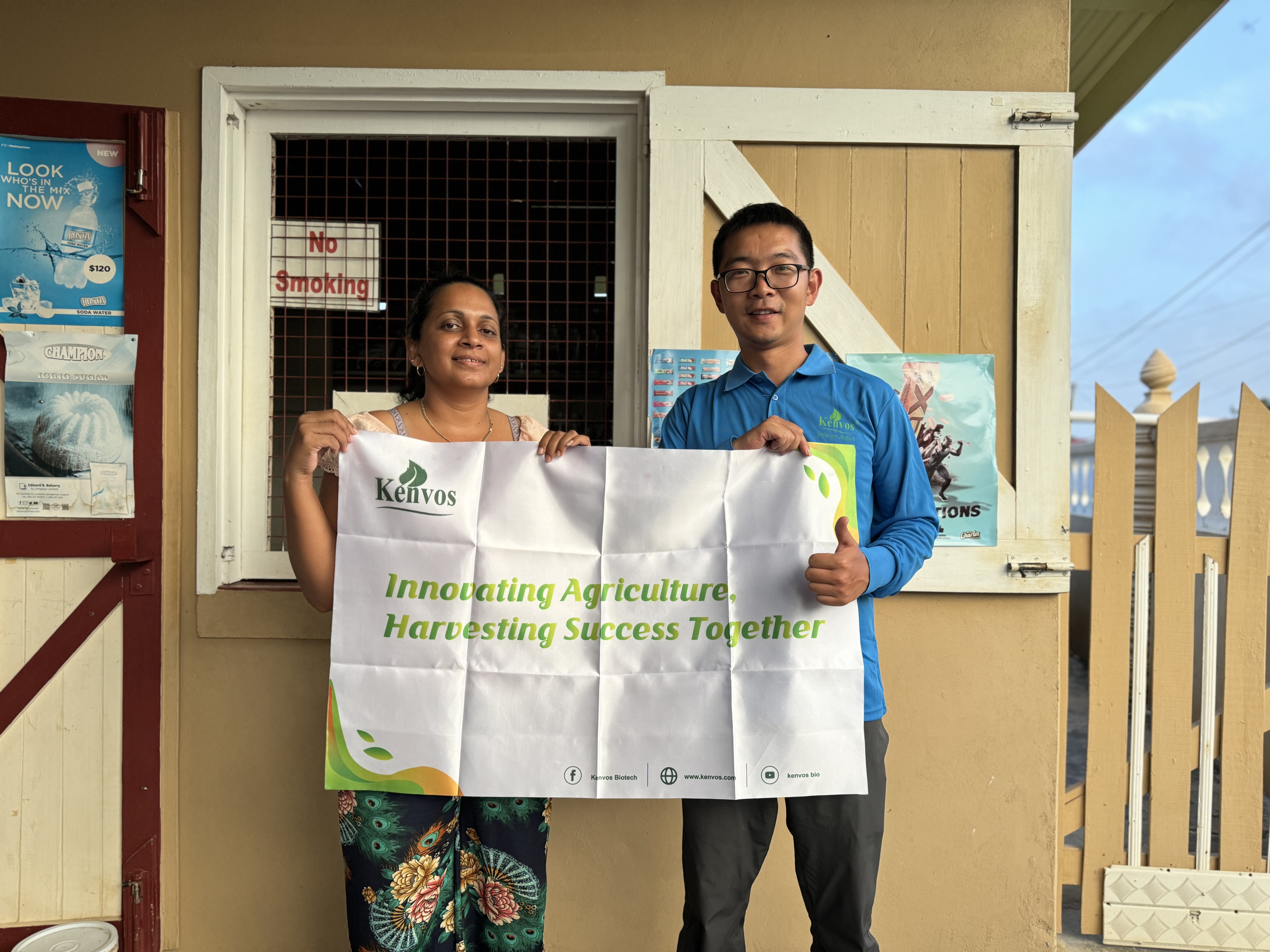Suriname primarily focuses on the cultivation of rice, bananas, citrus, and vegetables, with rice accounting for a significant portion of pesticide use, mainly for pest control, disease prevention, and weed management. The pesticide market in Suriname is relatively small, with an estimated market value of around $30 million. Herbicides dominate the market, holding about 40% of the market share, followed by insecticides at 30% and fungicides at 20%. These are primarily applied in rice, fruit, and vegetable cultivation.
Through our communications with Suriname customers, we have learned that the overall pesticide market in the country has become smaller. International agrochemical giants such as Bayer, Syngenta, and BASF control about 60% of the market share, mainly operating through local distributor networks. Regional brands have gained about 25% of the market share in medium and small farms due to their pricing advantages, while the remaining 15% is controlled by local small suppliers. Therefore, the market competition is fierce. Customers have also expressed a desire to reduce import volumes, which we fully understand.
As a partner, Kenvos will continue to provide the necessary support for market development in Suriname. The country’s dependence on pesticide imports is as high as 80%, and Suriname’s rice cultivation area continues to increase at an annual growth rate of 3%. We believe that the temporary reduction in imports will not affect the development of our customers' businesses.
With the increasing global demand for high-quality agricultural products, Suriname's pesticide market is also facing more regulatory requirements. The government is implementing stricter controls on pesticide use, particularly concerning high-toxicity chemicals, to reduce potential risks to the environment and human health. Therefore, pesticides that meet international standards and biopesticides will be key to future market competition.
In conclusion, while Suriname's pesticide market continues to grow steadily, it also faces challenges in transformation and upgrading. Pesticide suppliers need to continuously innovate and provide products that meet local needs and are environmentally friendly to satisfy the ever-evolving market demands. In this process, Kenvos can gain a competitive edge by seizing opportunities to develop and promote eco-friendly products.


